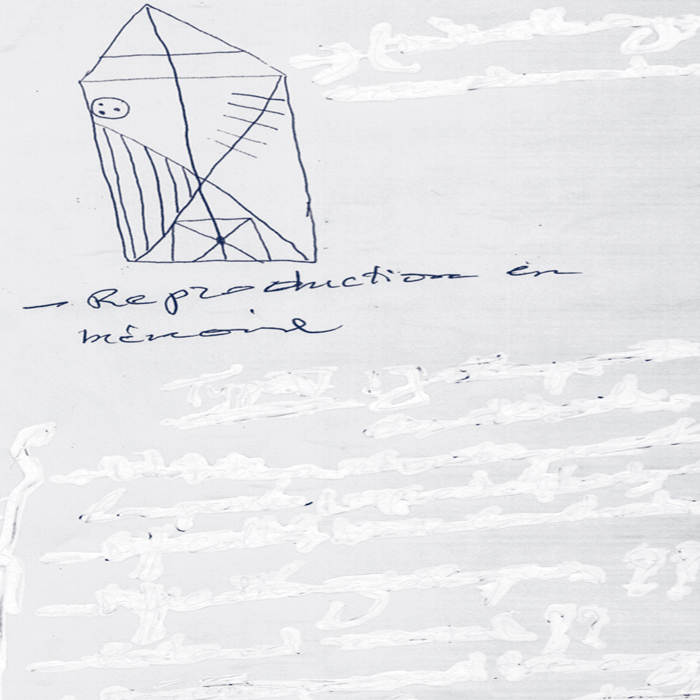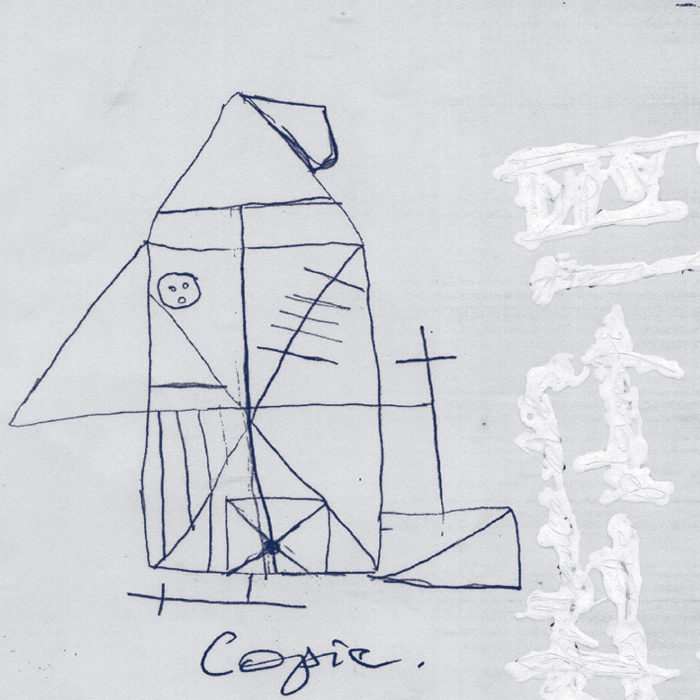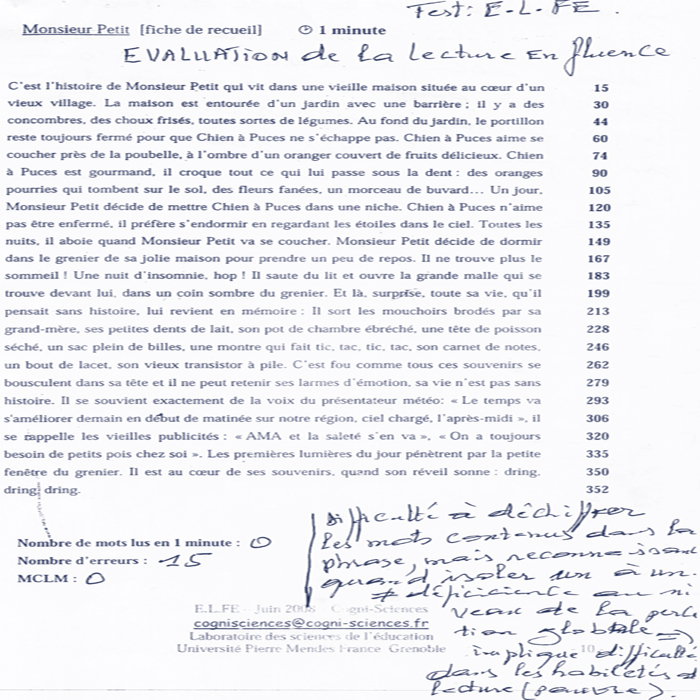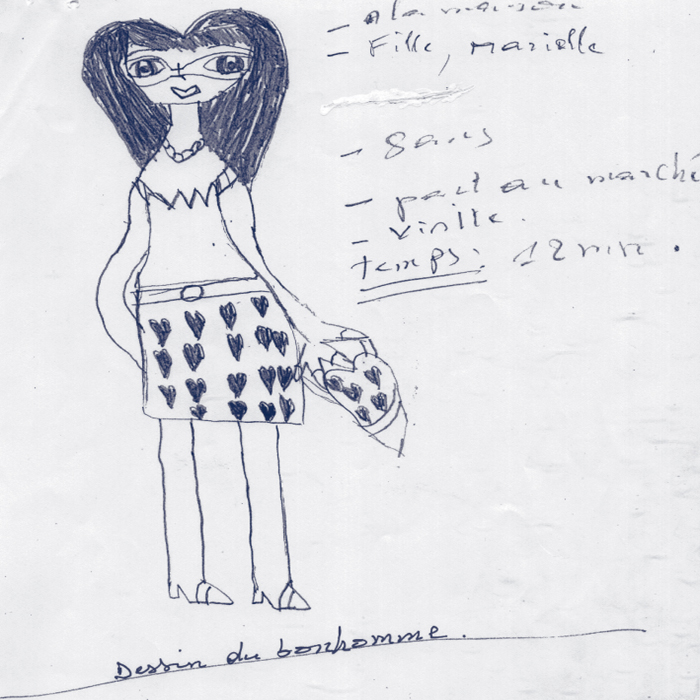L'Information Psychiatrique
MENUPsychological evaluation of a case of cerebral malaria in a child Volume 95, issue 10, Décembre 2019
et psychologie clinique,
maître de conférences à l’université de Yaoundé 1,
Département de psychologie BP : 8003, Yaoundé Cameroun
- Key words: malaria, neurological disorder, psychological assessment, cognitive disorder, affective development, evaluation
- DOI : 10.1684/ipe.2019.2039
- Page(s) : 837-42
- Published in: 2019
Cerebral malaria attacks the brain and can implant trauma (type 1) in the victim. The sequelae of cerebral malaria are varied in the long term and often consist of physical or psychological consequences. These can be combined in the same subject and disrupt the patient's functioning. The psychological evaluation of the patient will make it possible to identify, through distortions of certain cognitive and affective functions, the traumatic effect of this attack on the psyche. The results of the case studied here show impairments in some cognitive functions (visual-construction, attention, memory, planning). In this case, there are no effects at the level of affective functions, which are quite efficient (emotional control, good interpersonal skills, self-confidence), which shows the benefits of such an evaluation in medical aftercare for a complete care of the patient.
![]() This work is licensed under a
Creative Commons Attribution-NonCommercial-NoDerivatives 4.0 International License
This work is licensed under a
Creative Commons Attribution-NonCommercial-NoDerivatives 4.0 International License





